
Recently, my daughter shared this story with me.
I was sitting on the toilet. In front of me were my three small girls.
“What are you doing?”
“I’m going to the bathroom.”
“Are you almost done?”
“No, I just got in here.”
“Well, how long will it take?”
“As long as it takes. Now go out. I need some privacy.”
“But we need you.”
“I’ll hurry, now go out.”
“But mom, why can’t we stay.”
“Because I need some privacy!”
“We won’t talk.”
“GET OUT!”
I’ll bet your laughing. And I also bet that many of you have had a similar experience. It seems to come with the territory called parenting and it can wear us pretty thin at times. That’s why taking care of ourselves on a consistent basis is critical.
WHY WE SHOULD TAKE CARE OF SELF
There are some really good reasons to take care of ourselves when we’re in the thick of parenting:
• Facilitates greater patience
• We are less likely to take our frustrations out on our children.
• We’re able to process our emotions in more adult ways than yelling, spanking, etc.
• We remain freer of resentment which allows us to see what is really happening in tough situations
• We experience less exhaustion
• We avoid feeling depleted and are instead energized
• It helps us tune in to the joy of having children even on busy or chaotic days
• It gives us the mental resilience to remain Present with our children more often
• We will actually remain physically healthier
• We will feel happier and more fulfilled
Often, when we find small moments of time for ourselves to recharge there is a sense of guilt but caring for yourself is a key to caring for your family better. Self-care is an investment in our family relationships, rather than a selfish indulgence.
WHY WE DON’T TAKE CARE OF SELF
There are a number of reasons that both mothers and fathers neglect their own self-care:
• No time
• You don’t know what daily self-care looks or feels like
• You feel that it needs to be away from home, doing something special, for it to count
Let’s take a look at each of these excuses for neglecting ourselves.
A. No time
This is the same excuse we use for not being Present with our children. But as in the case of being Present, it can take as little as 30 seconds to 5 minutes.
1. Deep breathing
It only takes 30 seconds to take 3-4 good long deep breathes. There is ample research that backs up the claim that breathing deeply is good for us. A few deep breaths:
• Relieve stress
• Helps a feeling of calm return
• Allows us to process emotion more quickly
• Slows a rapid heartbeat
• Drops blood pressure
2. Read
Go to the bathroom and lock the door. While you are in their read 1-3 paragraphs in a book you keep by the toilet just for this purpose. It takes less than 3 minutes to read a few paragraphs. I use this technique daily. Sometimes it’s the only self-care (except for my shower) I get and it helps me feel cared for on even the busiest days. You will be surprised at how many books you can actually read in a year this way!
3. Take a shower
A restful shower in the morning or evening can take as little as 10 minutes. I take one daily for the express purpose of letting myself know I am cared for. You probably take a shower to wake up or get clean. By changing that story I can promise you that your shower will begin to feel quite different and you will feel cared for. I have been doing this daily for over fifty years now and it’s one of the daily events I look forward to the most!
4. Sit down
Just stopping and sitting down for 1-3 minutes, even if children are with you, can feel like self-care if that is the story you tell yourself for sitting down. I also use this technique every day and when I sit down for this short rest I smile because I know it’s a tool for self-care and not just my bum in the chair. : )
I’ll bet you can come up with at least 3-4 ways that you can take care of yourself in under 5 minutes that can be repeated a few times each day. I would LOVE to have you share them in the comments.
B. You don’t know what daily self-care looks or feels like
At some point, I had to make a conscious decision to figure out what I could do that would feel like I was taking care of myself. So I paid attention to my days and began making a list. You know what is on my list – a shower, reading in the bathroom, sitting down on purpose for no other reason than self-care, and deep breathing.
Take the time to make a mental list. What would work for you? For one of my friends, it’s sneaking a piece of licorice out of her secret stash a couple of times a day. It always makes her smile and she feels like a kid again.
Another friend makes a cup of herb tea and then sips it as she passes the counter during the day. Yes, it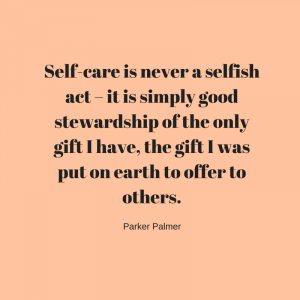 gets cold but every sip tells her mind – you matter and I am taking care of you!
gets cold but every sip tells her mind – you matter and I am taking care of you!
Another suggestion is to smile. When you want to yell or spank or run choose to smile. It may sound impossible when you’re stressed out by the 3rd cup of spilled milk or by your 2-year-old who is going to see how long he can scream; but there is magic in a smile, even if it’s forced.
Forced smiles also increase positive feelings. When a situation has you feeling stressed or flustered, or overly tired even the most forced of smiles can genuinely make you feel happier.
My mother walks out to check on the chickens. It takes only 5 minutes and she repeats it a number of times a day. She loves her yard and her chickens and rain or shine, summer or winter she takes these small breaks.
So take the time this next week to make your mental list and then implement with the express purpose of telling your mind and body – I love you. I’m taking care of you!
I promise that it will feel like self-care no matter how simple it is.
C. You feel that it needs to be away from home, doing something special, for it to count
Remember that consistent actions are what are required for self-care to impact your daily walk as a parent. If you have to leave home or do something special then self-care will be spotty at best. Even if you are one of those lucky couples who go on a date every week it is still not consistent enough. In order to impact your ability to parent at your best then self-care has to happen daily, in fact, a few times daily.
The need to leave home and do something special is a story you tell yourself. Our stories are powerful. All that is required is that you rewrite your story about self-care. If you need to, write out a simple one statement declaration about your new self-care story. Then repeat it to yourself every time you take one of your new actions.
EXAMPLE – I care for myself when I shower, sit down, read in the bathroom or breathe deeply.
Getting away is wonderful, as is doing something special. But if we truly want to have greater satisfaction in our parenting lives then we have to learn to care for ourselves every day, in fact, a few times every day.
You’re going to spend far more time with your children than you’re going to spend without them, so it’s imperative to learn how to self-care while you’re in the thick of parenting. It’s simple, it’s doable, and it takes small amounts of time and virtually no money; but it can and will pay huge dividends. Nurturing yourself while you’re doing your job of parenting is going to help you be in a place mentally where you can and will be Present more often.



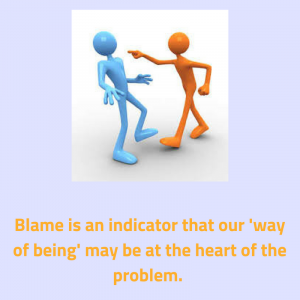 Have you ever noticed that when we’re having trouble with our spouse, neighbor or our children we begin to wonder what we can “do” to make the situation better? Can we devise a new system, have a good old-fashioned “talk it out” session or come up with a consequence/reward and so forth.
Have you ever noticed that when we’re having trouble with our spouse, neighbor or our children we begin to wonder what we can “do” to make the situation better? Can we devise a new system, have a good old-fashioned “talk it out” session or come up with a consequence/reward and so forth. This good, loving mother shared with me that her son is needy, sometimes whiny, and doesn’t respond when asked to do something. He doesn’t like being directed. It’s frankly annoying. The energy between them is not positive and she is short with him.
This good, loving mother shared with me that her son is needy, sometimes whiny, and doesn’t respond when asked to do something. He doesn’t like being directed. It’s frankly annoying. The energy between them is not positive and she is short with him. works PERFECTLY. When she gives him a heads up about a change in the schedule it works PERFECTLY. And as for random touches….well that is making ALL the difference. Not just for her seven-year-old, but for all of her children.
works PERFECTLY. When she gives him a heads up about a change in the schedule it works PERFECTLY. And as for random touches….well that is making ALL the difference. Not just for her seven-year-old, but for all of her children.

 God must have wanted to see how serious I was about the question because I prayed that same prayer every day for three months! Then one night I knew the answer – stop complaining!
God must have wanted to see how serious I was about the question because I prayed that same prayer every day for three months! Then one night I knew the answer – stop complaining! made a serious decision to become a more charitable person, less judgmental. That has been a work in progress too. Here is how they’re connected.
made a serious decision to become a more charitable person, less judgmental. That has been a work in progress too. Here is how they’re connected.



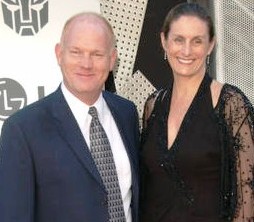
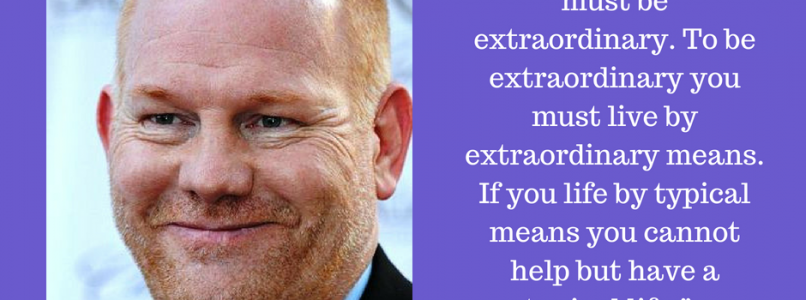
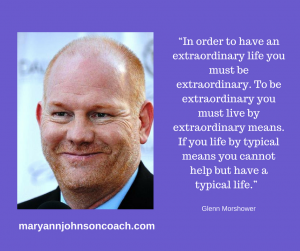 In 2011 I had the extraordinary opportunity to interview Glen Morshower – Agent Aaron Pierce, from the Fox hit “24. I had attended an event he spoke at and I was riveted by his humor, wisdom and pure joy in living. So I plucked up my courage and asked him for an interview that I could share with the mothers and fathers I work with. He said he would be glad to and gave me his phone number. I never called.
In 2011 I had the extraordinary opportunity to interview Glen Morshower – Agent Aaron Pierce, from the Fox hit “24. I had attended an event he spoke at and I was riveted by his humor, wisdom and pure joy in living. So I plucked up my courage and asked him for an interview that I could share with the mothers and fathers I work with. He said he would be glad to and gave me his phone number. I never called.

 never occurred to me that it would be useful to have some type of plan, to learn new skills, to be clear that things don’t always work out the way you think they should and that people, even kids, get to decide how they want their lives to look and feel. It was sometimes a jolting and unnerving experience.
never occurred to me that it would be useful to have some type of plan, to learn new skills, to be clear that things don’t always work out the way you think they should and that people, even kids, get to decide how they want their lives to look and feel. It was sometimes a jolting and unnerving experience.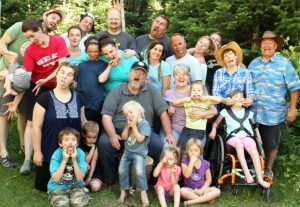 Take my word for it, that it is wasted energy. Instead, celebrate the fact that you are a mother, that you are doing the best you can, and that you do have good desires in your heart for your family. Then get more education. Learn something new. Practice a skill you need and don’t quit till you are reasonably good at it. Be proactive. Mentor with a mom who is where you want to be. Keep working on yourself. Keep loving your family. Keep going!
Take my word for it, that it is wasted energy. Instead, celebrate the fact that you are a mother, that you are doing the best you can, and that you do have good desires in your heart for your family. Then get more education. Learn something new. Practice a skill you need and don’t quit till you are reasonably good at it. Be proactive. Mentor with a mom who is where you want to be. Keep working on yourself. Keep loving your family. Keep going!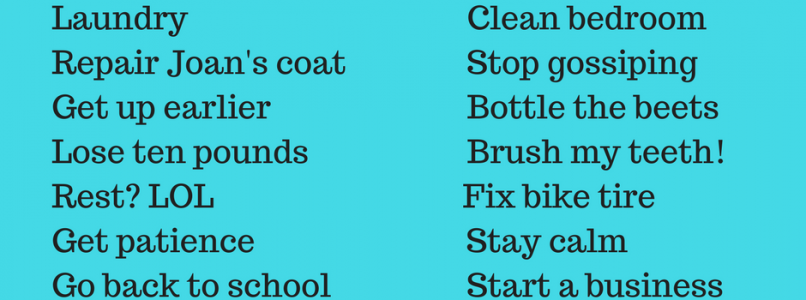
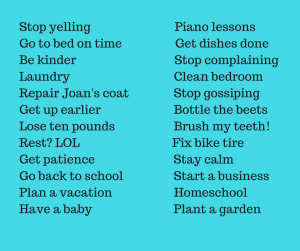 Choosing one ‘best’ thing to work on right now makes ALL the difference in how much success you will have in making changes in your life.
Choosing one ‘best’ thing to work on right now makes ALL the difference in how much success you will have in making changes in your life.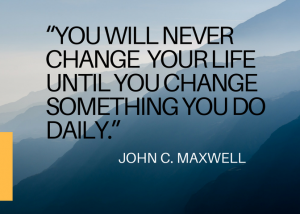

 100% Devil
100% Devil 1% Principle
1% Principle
 I am not Jewish. However, over the years I have known some Jewish families and I have admired their Sabbath Day worship. (Shabbat) Orthodox Jews take a one-day break from electronic devices to focus solely on faith and family without distraction.
I am not Jewish. However, over the years I have known some Jewish families and I have admired their Sabbath Day worship. (Shabbat) Orthodox Jews take a one-day break from electronic devices to focus solely on faith and family without distraction.